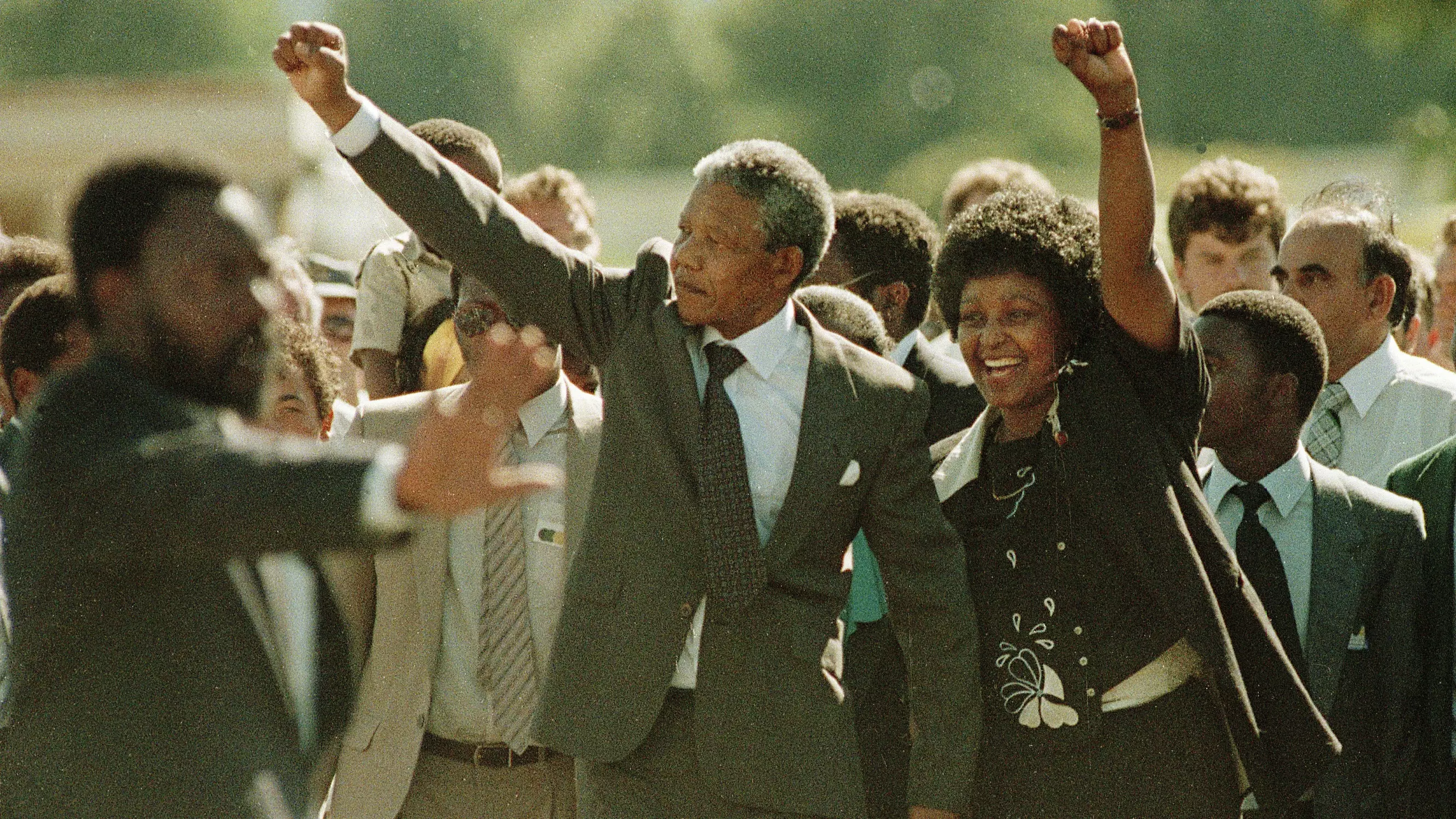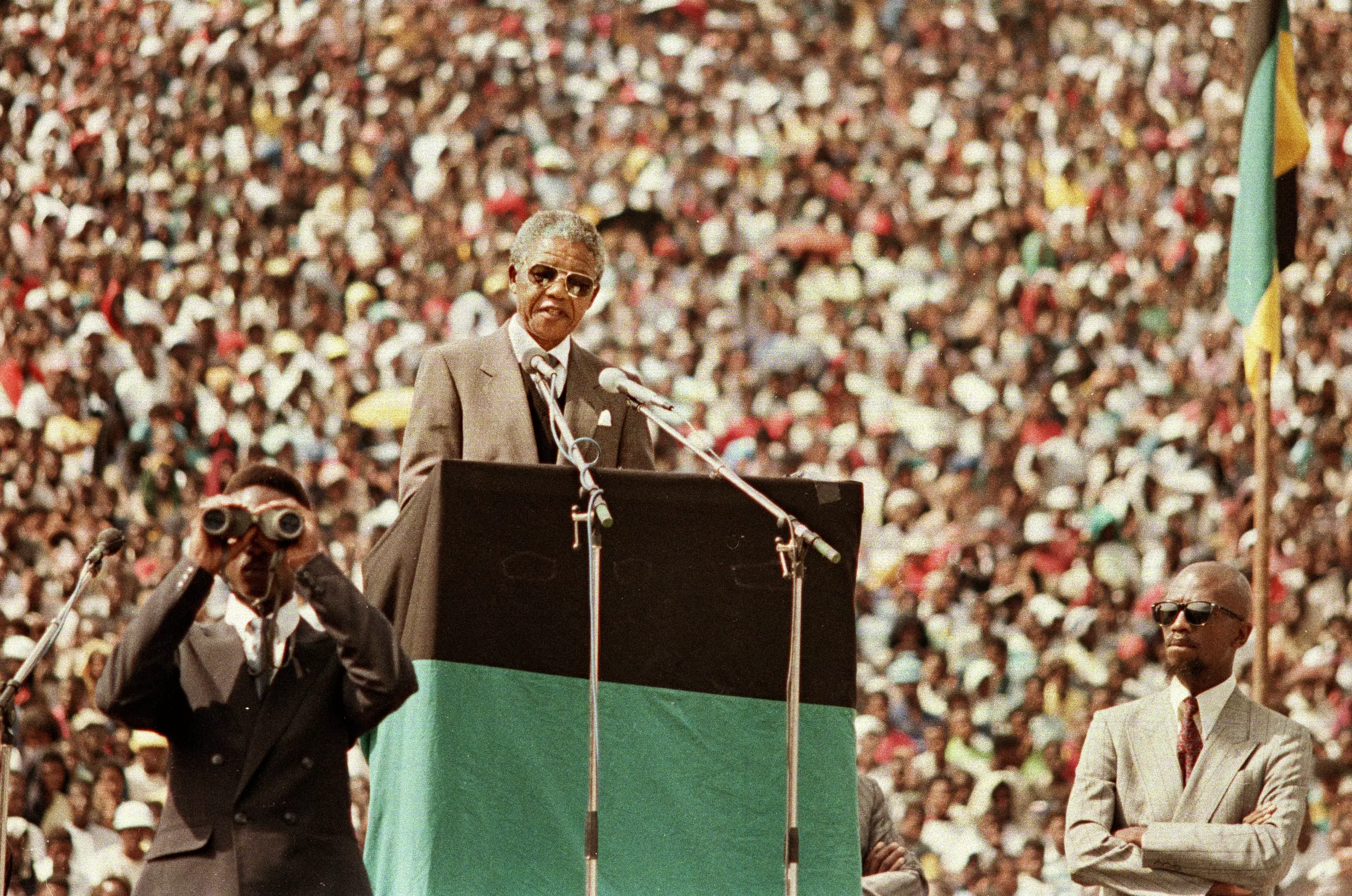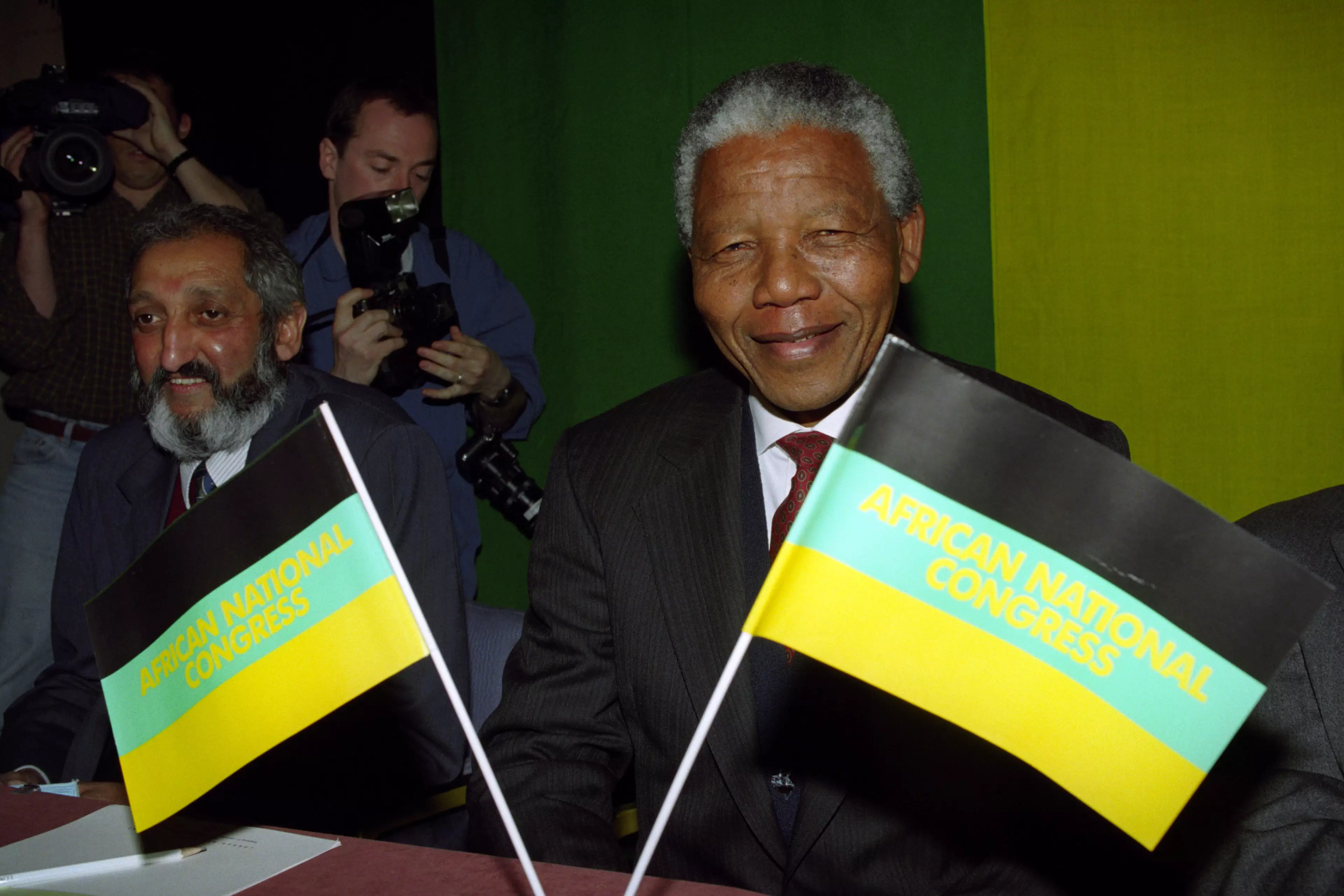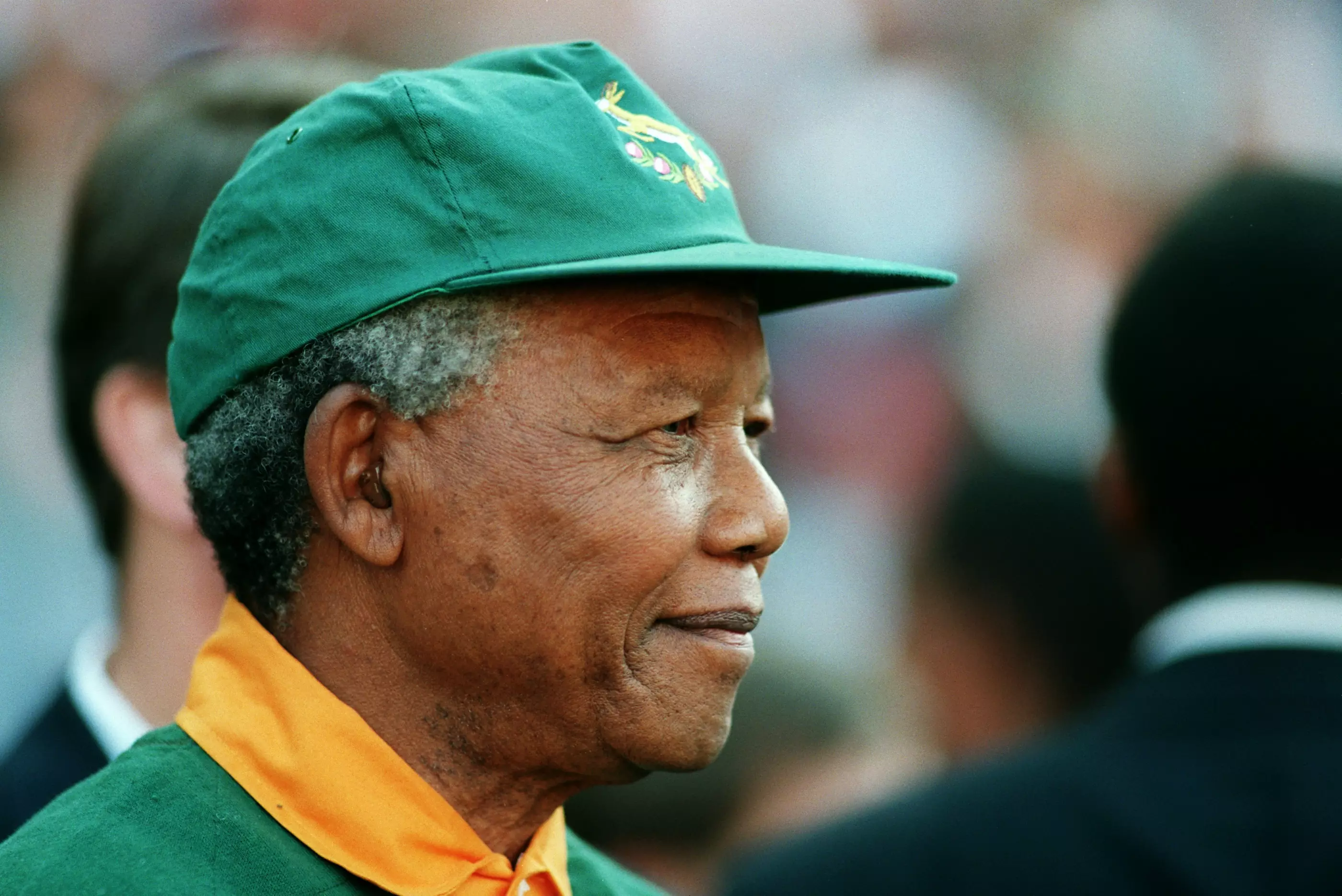
Today would have been the 100th birthday of Nelson Mandela.
He died five years ago in 2013, but he will forever be remembered as one of the most important figures of the 20th Century.
After 27 years of imprisonment for his activism against the Apartheid regime in his native South Africa, he was released and became the first black President of South Africa.

He and his government devoted their time to unravelling the legacy left by the Apartheid government that had existed in South Africa since 1948.
Advert
Under Apartheid, black people were segregated and discriminated against on purely racial grounds. Black people simply did not have the same rights and opportunities as their white counterparts.
This system was in place in South Africa until 1991, when the laws were repealed. Mandela played a pivotal role.
Despite that, the overall legacy of Mandela doesn't always tally up with the reality of a complex man. He is often portrayed as a pacifist leader who would reject violence at all costs. But he could be divisive and controversial.

After his release from prison he worked tirelessly to achieve his vision of a multiracial 'rainbow nation' and there is no doubt that his work led to a greater unity between previously divided factions of the same country, but Mandela had, in his earlier years, been an advocate of less diplomatic means.
Advert
After his political party, the African National Congress (ANC) was banned by the white South African government in 1960, Mandela co-founded an organisation called uMKhonto we-Siwze (MK) which means 'spear of the nation'.
African organisations had repeatedly tried to challenge racial inequality in South Africa through peaceful means but had been met with brutal violence and contempt by successive white governments.
Given that they had no political means left - as black Africans had no votes and no power -they became an armed group that acted largely in response to massacres such as the Sharpeville in 1960, which left 69 people dead after police opened fire on a crowd.
Over a period of around 30 years, MK carried out bombings and attacks on various targets to resist the white supremacist government and further the anti-apartheid movement. They positioned themselves as soldiers of necessity, denied the democracy that would allow them a voice for peace.
Advert
In a famous speech given while on trial in 1964, Mandela said he was prepared to die to achieve his goal of a non-segregated, equal South Africa. He argued the violence was justified because all peaceful means of dissent had been taken from them.
"All lawful modes of expressing opposition to this principle had been closed by legislation, and we were placed in a position in which we had either to accept a permanent state of inferiority, or to defy the government," he said.
"We chose to defy the government. We first broke the law in a way which avoided any recourse to violence; when this form was legislated against, and when the government resorted to a show of force to crush opposition to its policies, only then did we decide to answer violence with violence."

Whilst this sits at odds with the Mandela we are often told about, it still speaks of someone who was prepared to fight for what he believed was right. At the time, he was called a terrorist by many, and derided in his own country.
Advert
He was imprisoned for nearly three decades, but emerged from his cell to become one of the most influential and important peacemakers in history.
As Barack Obama said in his Mandela Lecture yesterday:
"By the end of his life, (Mandela) embodied the successful struggle for human rights, but the journey was not easy, it wasn't pre-ordained. The man went to prison for almost three decades.
"And yet his power actually grew during those years - and the power of his jailers diminished, because he knew that if you stick to what's true, if you know what's in your heart, and you're willing to sacrifice for it, even in the face of overwhelming odds...ultimately, the better story can win out."
Featured Image Credit: PATopics: World News, south africa, Politics